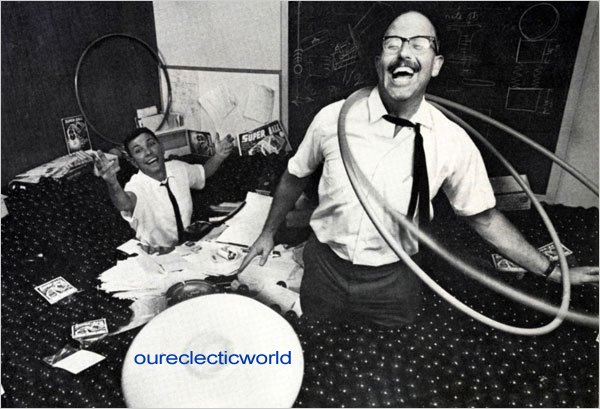 We found out earlier this week that Una Vida Mejor (A Better Life) was accepted into Cinequest film festival, which according to Variety magazine is one of the top ten film festivals in North America. Also, according to The Ultimate Film Festival Survival Guide, its considered one of the top ten festivals in the world. We are all extremely excited and plan on making the trip to San Jose to market the film. I couldn't be happier. The project has been wonderful to be involved in. The director, Andrew James, has become a close friend of mine. Here is a synopsis of the film from the Beachfire Pictures website:
We found out earlier this week that Una Vida Mejor (A Better Life) was accepted into Cinequest film festival, which according to Variety magazine is one of the top ten film festivals in North America. Also, according to The Ultimate Film Festival Survival Guide, its considered one of the top ten festivals in the world. We are all extremely excited and plan on making the trip to San Jose to market the film. I couldn't be happier. The project has been wonderful to be involved in. The director, Andrew James, has become a close friend of mine. Here is a synopsis of the film from the Beachfire Pictures website:The U.S. government has mandated the construction of a 2,000- mile long wall along the U.S.-Mexico border and many Americans sport bumper stickers on their vehicles with slogans like, “Welcome to America, now go home.”
Una Vida Mejor (A Better Life) follows three families, each participating in the American experience, and each searching for their own version of the American dream. Two of the families have crossed the Mexican border illegally, and entered the United States in the midst of this social and political unrest.
The story opens with Javier and Maria crossing the border illegally with their young daughter. The crossing is a frightful and uncertain experience. After crossing, Javier finds work at a farm and things slowly improve for him and his family.
Omar and Sofia are a young couple with two children who have also immigrated illegally to the United States. Omar struggles to provide for his family. His inability to find a job leads to tension in his marriage and he reluctantly agrees to participate in a robbery in an attempt to relieve his financial burdens.
The target of the robbery is a young married couple, Sam and Nancy. Sam is a social worker and Nancy works the graveyard shift as a nurse.
Two worlds collide when the simple robbery planned by Omar and his accomplice goes awry. What ensues is a dynamic series of life-altering events, fueled by cultural misunderstanding and prejudice. As the drama unfolds, the individual humanity behind the stark statistics and political rhetoric of the immigration issue is revealed and we find that the border between “right” and “wrong” is hopelessly blurred.


1 comment:
I found your blog
Post a Comment